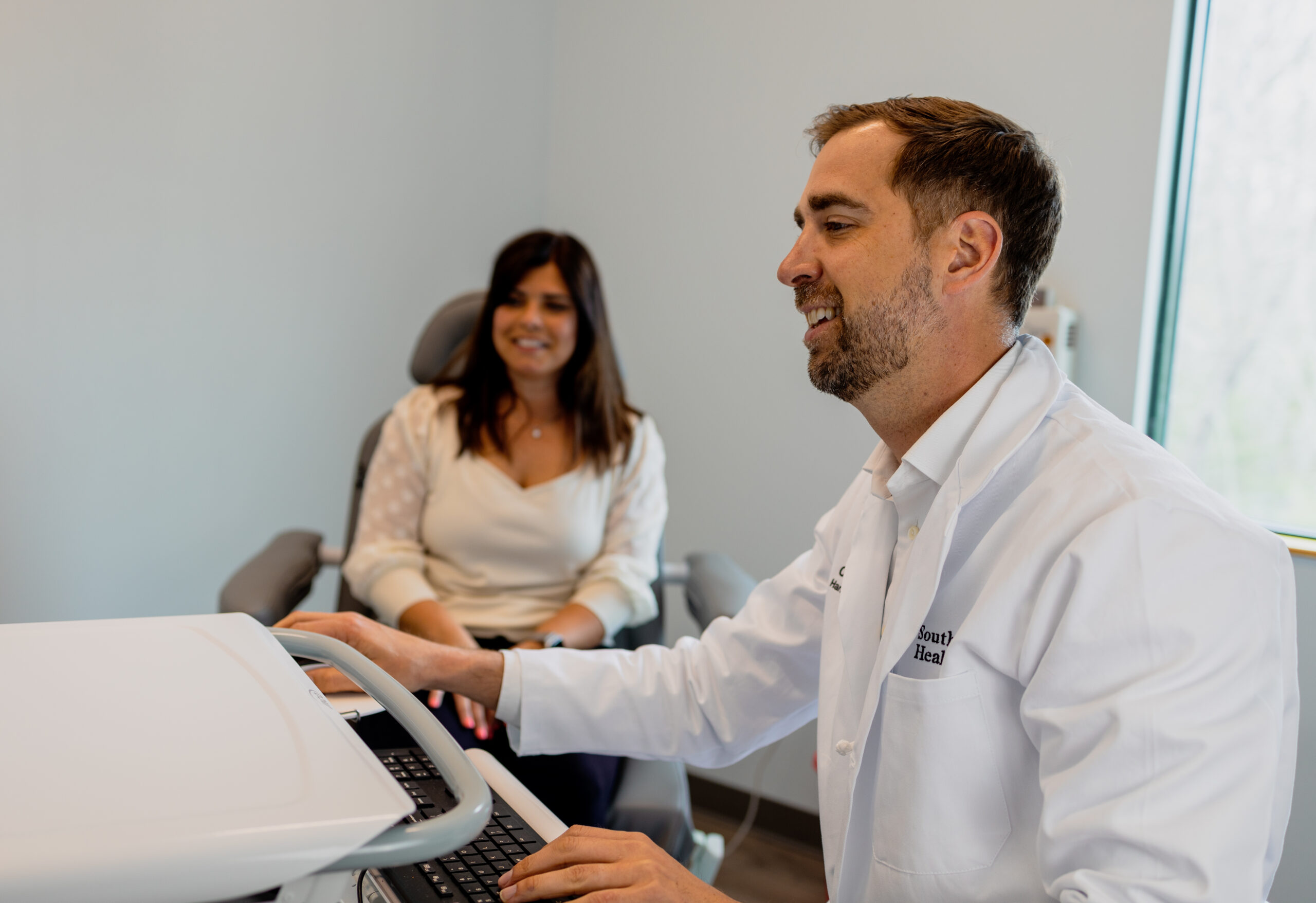Exibições
Your health is your most valuable asset — and regular screenings are one of the most effective tools to protect it.
Your health is your most valuable asset — and regular screenings are one of the most effective tools to protect it.

Many serious health conditions, including cancer, often show no symptoms in their early stages. Screenings can detect problems before they become serious, offering you the best chance at successful treatment and recovery.
Your primary care provider (PCP) plays a central role in guiding your preventive health care. They know your personal and family health history and can help identify which screenings are right for you based on your age, risk factors, and lifestyle. If you haven’t had your annual checkup, now is the perfect time to schedule one — it’s the gateway to staying proactive about your health.

In the fight against cancer, early detection can be a key defense, allowing for earlier treatment and improved outcomes. Southcoast Health is here to help to inform you about the importance of cancer screenings with convenient scheduling and advanced testing.
Southcoast Health offers colorectal cancer screenings to increase your chances of early detection. Our screenings can help find precancerous polyps, so that they can be surgically removed before they have a chance to turn into cancer. Regular screenings can also help find colorectal cancer in the early stages, when treatments for this type of cancer work most effectively.
Certain risk factors increase the likelihood of developing colon cancer, including:
Southcoast Health offers lung cancer screenings to increase your chances of early detection and treatment. We offer low-dose CT scans (LDCT), a screening test covered by most insurances, for patients with a high risk of developing lung cancer.
Certain risk factors increase the likelihood of developing lung cancer, including:
Mammogram screenings can detect many breast cancers before symptoms appear. Most women should begin annual mammograms between ages 40 and 45, depending on their individual risk factors. Regular screenings — typically once a year — should continue as long as recommended by your healthcare provider.
While early breast cancer often has no symptoms, the most common sign is a lump or mass. Other symptoms may include: